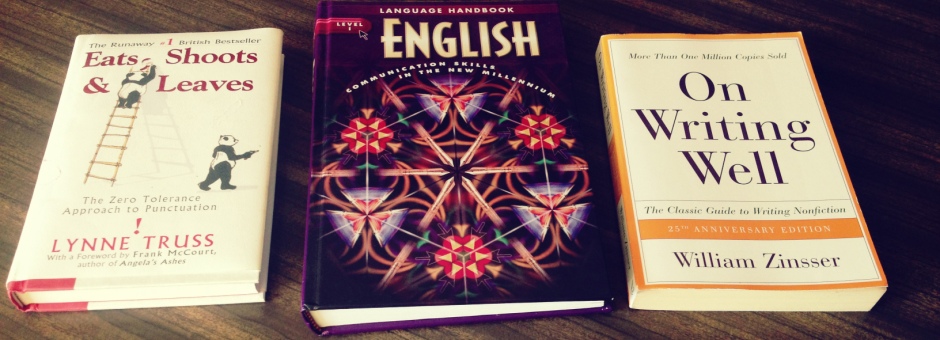Coffee Social got a bit loud last week as tempers flared. We’ve discussed a lot of hot topics over the years, from the merits of democracy versus dictatorship to the relationship between crime, punishment, and education, but rarely have there been any strong reactions. That is, until we hit the emotionally charged subject of punctuation. Who knew this could inspire such a lively debate?!
I’ve done two things in this blog already that were points of either agreement or contention last Tuesday. The first is the use of the Oxford comma. This was highly favored among coWORKers, me included. We agreed it adds to the clarity of a sentence, ensuring that the last phrase in a string of descriptors is thought of as independent from the second-to-last phrase in the list
Okay, so far so good. But now on to the second topic: to double-space or not to double-space after a period? That was the question. Honestly, I didn’t even know this was in question. Apparently, I missed the memo! A few eager coWORKers have now informed us all that when we switched from typewriters to word processors we no longer needed to double-space after a period, because the word processing program automatically fixes the kerning. You mean I’ve been wasting those extra keystrokes all these years? Okay, fine, I can accept this…although I’m not sure I can break the habit. But what really surprised me was how annoying we double-spacers are to those of you in the know. Maybe it’s kind of like how those in the coworking world are so perturbed by the use the hyphenated form of co-working (which is still the official spelling in the Associated Press Stylebook, and thus the required spelling in all print journalism). You’re one of “us” if you cowork. You’re one of “them” if you think we co-work. Spell check be damned, we’re creating our own lexicon, whether you like it or not!
This brings me to one of my favorite topics: the absurdity of English. Thank God for spell-check and my awesome editor, because I’ve always had a love-hate relationship with our language. I love the art of expressing a thought, the beauty of a well-crafted story, and the superb usefulness of written communication. I love that ?! has a name: The interrobang, informally known as quexclamation mark, and I love the word mondegreen, despite the fact that I’ve only met two other people who know what it means, even though it’s quite useful…although, it’s not really, because words are only useful when both parties understand and agree on their meaning. But I hate that thru is spelled through (why all the extra letters, people?!), and that knife is pronounced nife, and that February has a random r in the middle. I can never remember if the punctuation goes inside or outside the quotation marks, and I only recently learned that … is called an ellipsis (I guess I missed that memo, too). And why is no one two words while someone is one word, and how come ice cream stayed two words, but if you blend it all up it can be a milk shake or a milkshake, and that color of the fog can be grey or gray, but if you’re drinking the tea it’s Earl Grey, not Earl Gray.
I could go on and on and on, but I’ll spare you the rant and stop here. I love words and I love writing and I love reading and I secretly hope that Twitter and texting will be our unlikely allies, giving us an excuse to clean up our language, get rid of the dead weight, and apply some logic. Then, one day, we’ll be able to enjoy the meaning of these words without having to worry about silent k’s, and we’ll be judged by the quality of our thoughts, not our ability to memorize the fascinating hodgepodge we call English. R u with me? 😉
Published July 28th, 2015
Written and photographed by Natasha Juliana. Edited by Linda Jay. Curious about Coffee Social? Join us Tuesdays at 10 AM.
Enjoying this topic? Check out my earlier blog posts: The Power of Words and Reading/Writing Evolution


